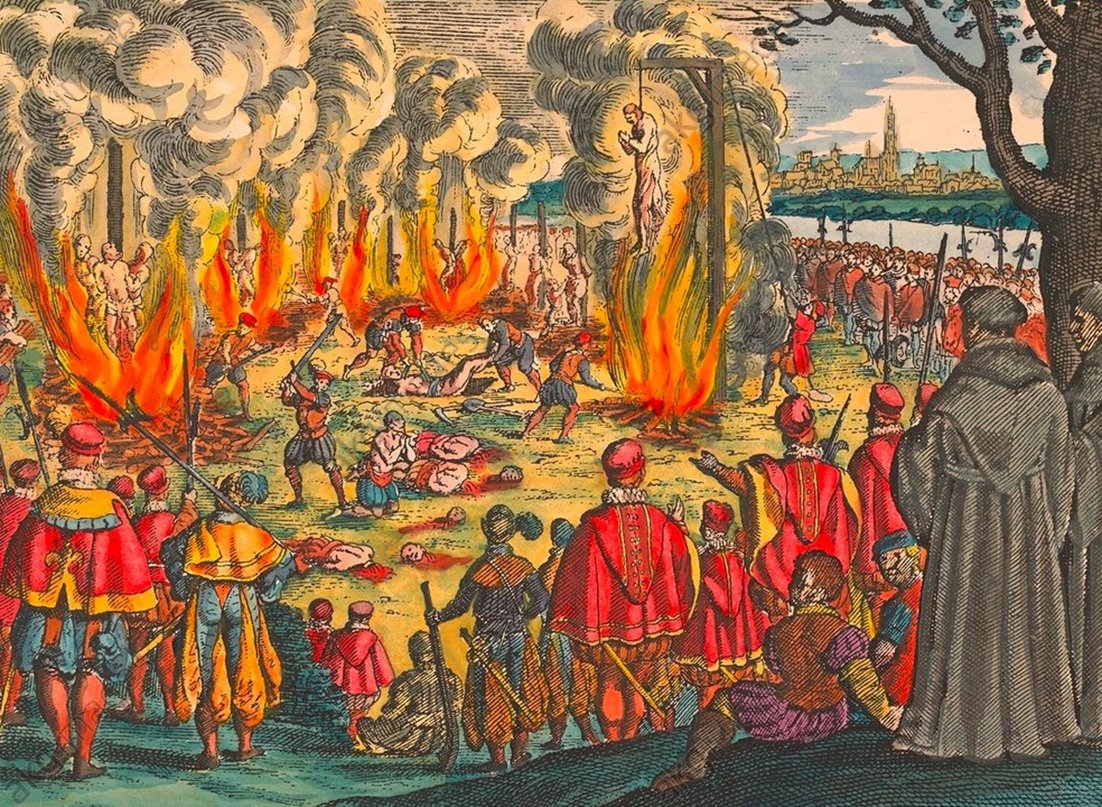
#Calvin on contemptuous & patronizing charity, an attitude common among Christians today who think their wealth is due to their own merit. Inst. 3.7.7
"Yes, it can happen that a person may fully perform what they ought to do as far as external duties are concerned,
1/5
"Yes, it can happen that a person may fully perform what they ought to do as far as external duties are concerned,
1/5

yet within they may be far from the true way of performing them. You see some people who appear to be profoundly generous, yet they never give anything without projecting disapproval, either through their prideful expression or even through arrogant words.
2/5
2/5
And we have come to such a tragic state in this unhappy time that people—at least the majority of them—give almost no alms without contempt. This depravity should not be tolerable even among the heathens.
3/5
3/5
But now, something further is required of Christians than to put on a cheerful face and to make their duties cordial with polite words. First, Christians must put themselves in the place of the person whom they see needs their help
4/5
4/5
and have compassion on their condition as if they themselves were experiencing and going through it. They should do this so that a feeling of mercy and kindness may induce them to provide for them just as they would for themselves."
5/5
5/5
• • •
Missing some Tweet in this thread? You can try to
force a refresh

















